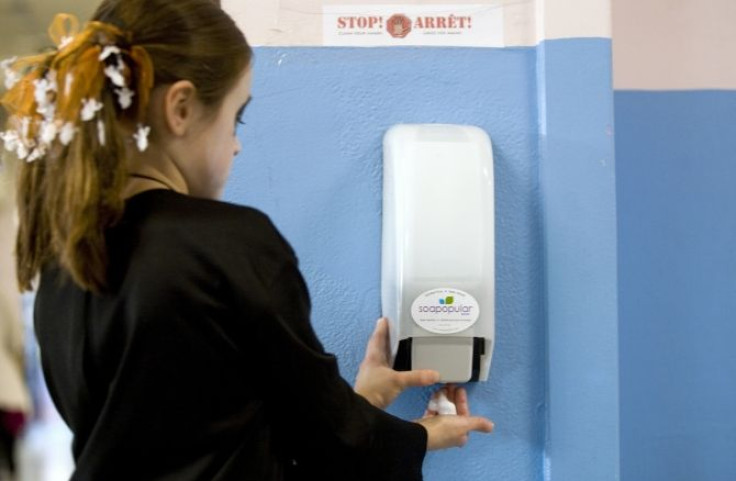Is Cleanliness Next To Godliness Or Conservatism?

With the 2012 presidential elections just a few months away, and individuals will soon have to decide what political candidate they will vote for, a new study suggests that individuals who are reminded of physical purity and cleanliness were reported to be more politically conservative.
In the first experiment conducted by researchers Erik Helzer and David Pizarro of Cornell University, they asked individuals to complete a questionnaire on their political attitudes. In order to participate in the questionnaire, individuals had to either go to a hand sanitizer dispenser placed at one end of a hallway or walk down an empty hallway.
In the following experiment researchers asked participants to rate their moral approval of a variety of behaviors. Prior to the experiment, some participants were exposed to cues of physical cleanliness, such as a sign that advertised the use of hand wipes to keep lab space clean. Those who were reminded of physical purity expressed stricter judgment on sexual acts compared to individuals used in the control group.
The results demonstrated individuals, who were given cues regarding cleanliness, were more likely to report a more conservative standpoint compared to individuals who were not given any cues.
According to both Helzer and Pizarro, the results from both experiments suggest a "two-way link" between conservatism, individuals concerns for physical cleanliness and moral purity. Researchers assume is that political orientation (identifying as more conservative or more liberal), may be formed by how strong an individual evades physical impurity. People who will try and avoid unsanitary conditions are more likely to be attentive when seeking out threats to purity, which may lead to reinforcing a conservative standpoint.
Helzer and Pizarro highlights the facts that in both experiments the effects of subtle physical cleanliness cues played a major role in influencing participants. Both Helzer and Pizarro, believe it is likely then, that everyday reminders of cleanliness in communal places – such as signs in restaurant and/or bathrooms urging employees to wash their hands before returning to work – can have unintentional effects on people’s social attitudes.
The study was published in the journal Psychological Science.



























